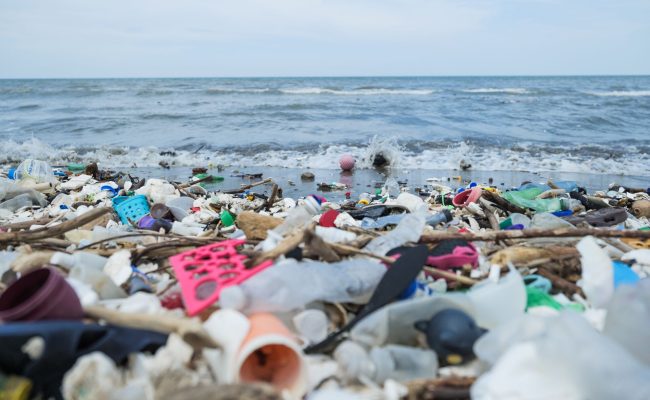
Plastic pollution has emerged as a global crisis that not only threatens terrestrial ecosystems but also poses severe risks to marine life and coastal economies. Every year, millions of tons of plastic enter the oceans—most of which does not degrade for decades. Instead, it breaks down into microplastics, contaminating marine food chains and eventually affecting human health.
A Global Response: Towards a Legally Binding Agreement
To address this growing concern, the United Nations has established an Intergovernmental Negotiating Committee (INC) tasked with developing a legally binding international treaty on plastic pollution. The fifth session of this process—known as INC-5.2—is scheduled to take place from August 5 to 14, 2025, at the Palais des Nations in Geneva, Switzerland.
This critical meeting will bring together governments, environmental experts, media, and civil society to develop concrete commitments around plastic production, consumption, recycling, and waste management. The aim is to establish a sustainable and enforceable framework that countries can adopt globally.
Impact on Marine Ecosystems
Covering over 70% of our planet, oceans play a vital role in regulating the climate, supporting livelihoods, and providing food for billions. However, plastic waste—especially single-use plastics—is endangering marine biodiversity. Marine creatures such as turtles, fish, seabirds, and whales are often found entangled in or ingesting plastic debris, leading to injury, suffocation, or death.
Scientific studies have revealed alarming data: traces of microplastics have been discovered in nearly every species of marine life, raising serious concerns about long-term ecological and human health consequences.
Global Action and Pakistan’s Commitment
Pakistan has endorsed the UN-led initiative and signaled its intention to adopt more eco-friendly policies. Efforts within the country include bans on plastic bags, nationwide cleanliness drives, and recycling initiatives. However, the success of these measures depends on effective legislation, enforcement, and public awareness.
At the global level, platforms like INC-5.2 offer a critical opportunity to recognize plastic pollution as a collective threat and to create long-lasting, actionable solutions.
The Way Forward
While plastic has offered unparalleled convenience to modern life, it now challenges our very survival. Humanity faces a defining question: how do we balance convenience with conservation?
Combating plastic pollution isn’t solely the responsibility of governments or international agencies—it requires every individual to act. Avoiding single-use plastics, promoting recycling, and choosing sustainable alternatives must become everyday habits.
The solution to plastic pollution lies not only in regulations but in the transformation of human behavior. Global forums like INC-5.2 remind us that time is running out. If we fail to act now, future generations may inherit not thriving oceans—but a legacy of plastic and regret.


